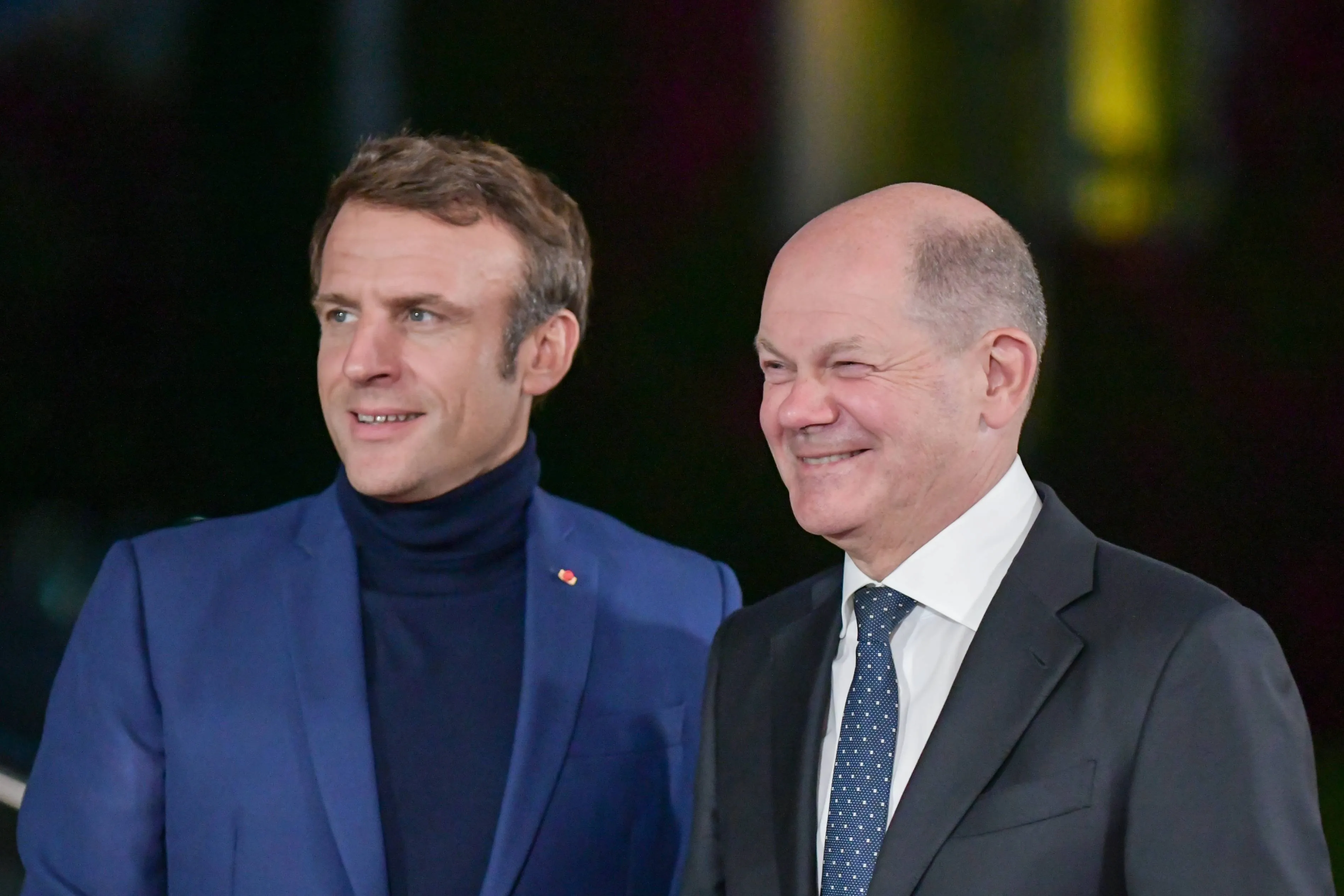Groene tentakels
Onder de titel, 'Tentakels van Greenpeace zijn wijdverspreid', schreef Esther onlangs over de invloed van Greenpeace in de Proba Koala-affaire.
Dit geval staat niet op zich zelf. Eerder schreef ik al over de invloed van wetenschappers met nauwe banden met milieu-NGO's in het VN-klimaatpanel (IPCC). Donna Laframboise heeft het voor ons uitgezocht. Haar conclusie:
So of the 32 members of the IPCCs core writing team that we might have expected to be world-class scientists, 11 of them (34%) are publicly affiliated with environmental NGOs.
Lees verder hier.
Ook de BBC - zoals bekend fervent apostel van het broeikasevangelie - is niet van smetten vrij. Ian Burrell rapporteert daarover in 'The Independent':
The London-based television company being investigated by Ofcom [de Britse toezichthouder op de media] over a global news fixing row tried to cultivate a world-famous environmental economist and other leading opinion formers in the green movement for the documentaries it made for the BBC and other news broadcasters.
FBC Media claims in its promotional literature that it targeted Professor Jeffrey Sachs, director of the Earth Institute at Columbia University in New York, to be an ambassador for its corporate client on programmes it made about the controversial palm oil industry in Malaysia.
Mr Sachs, a special adviser to United Nations secretary general Ban-Ki Moon, was a prominent interviewee on a BBC World Third Eye documentary about Malaysia which was produced by FBC. The Independent has established that FBC was paid £17m by the Malaysian government to work on a global strategic communications campaign.
The documentary was one of eight FBC programmes made for the BBC found to have been in serious breach of corporation editorial guidelines in a report issued yesterday by the BBC Trust.
FBC also worked for Sime Darby, the worlds biggest palm oil producer, and in a report for the Malaysian company gives a series of campaign highlights, among which is the cultivation of influential ambassadors such as the Earth Institutes Jeffrey Sachs. It refers to Sime Darby champions, among whom Mr Sachs is listed.
Maar Sachs zag het toch héél anders.
In a statement, the Earth Institute said Professor Sachs was surprised and dismayed to see this completely inaccurate and utterly absurd portrayal of him. It said: He is not an ambassador or anything else for this company (Sime Darby). He has absolutely no personal relationship with the company and has never, indeed would never, serve as an ambassador or champion to any corporation.
The Institute said Sachs had been mischaracterized in a way that was quite troubling. A spokesman for Professor Sachs said that he had visited Sime Darbys plantations but only for the purposes of research for the University of Malaya and that he had raised concerns about the deforestation that he saw. He also held meetings with Malaysian government and Sime Darby officials at which those officials expressed determination to pursue sustainable development approaches to palm oil production.
When Mr Sachs featured in the BBCs Third Eye, he said: The way that Malaysia, for example, developed palm oil with smallholders who were working in larger areas and often with government leadership has been exemplary. The author of New York Times best-sellers The End of Poverty and Common Wealth, he also contributed an authored piece to an advertising supplement in the International Herald Tribune which FBC featured under the heading sophisticated corporate messaging within an editorial framework in a slide show of FBC corporate case studies for 2007-2008.
Some promising steps have been taken by Malaysia in recent years, which may set a powerful example for the rest of Asia, Sachs wrote. The government is working closely with leading companies, such as the palm oil giant Sime Darby, which have recognised that long-term environmental sustainability is vital to the business interests of serious, law-abiding companies with long-time horizons.
Lees verder hier.
Het is overigens ironisch dat de milieubeweging, die eerst voorstander was van biofuel op basis van palmolie, zich daar thans tegen verzet, wegens de negatieve milieu- en sociale effecten. Terecht m.i.. Maar hadden ze daarover eerst niet wat beter kunnen nadenken?
Dat geldt trouwens ook voor het CO2-emissiehandelssysteem waarvan de milieubeweging eerst groot voorstander was. Totdat ze bemerkten dat dit systeem ineffectief was en zeer fraudegevoelig. Critici van dit systeem hadden daar al van tevoren voor gewaarschuwd. Maar de overheden waren niet ontvankelijk voor hun bezwaren. Het resultaat is dat we nu zitten opgescheept met een duur en Kafkaësk systeem, dat geen enkel meetbaar effect op het klimaat zal hebben.
'All pain and no gain.' Daarover zijn de aanhangers van de menselijke broeikashypothese en klimaatsceptici het met elkaar eens. Maar het wonderlijke is dat dit maar niet tot de politieke besluitvormers wil doordringen.


